Research on why scientists like to lick rocks has been honoured with this year’s combined chemistry and geology Ig Nobel prize. The prize was one of ten given out in a ceremony held online last night.
The chemistry and geology prize was awarded to University of Leicester emeritus professor Jan Zalasiewicz for an essay he wrote in 2017 on the history of taste as an analytical tool. ‘200 years ago, geologists were licking rocks to find out what they were, with no machines, no textbooks, no microscopes, no chemistry indeed – they did geology, at least in part, by taste and it worked for them,’ said Zalasiewicz, as he accepted a prize comprising a counterfeit 10 trillion Zimbabwean dollar bill and a pdf trophy to be printed and assembled at home.
This was the 33rd edition of the Ig Nobel awards, which are awarded to research that makes people ‘laugh, then makes them think’. The prizes were presented by a cast of Nobel prize-winners, including three chemistry laureates: directed-evolution pioneer Frances Arnold, geneticist Marty Chalfie and Barry Sharpless, who won his second Nobel last year for his work on click chemistry. The ceremony also featured a series of ‘24/7 lectures’, where researchers explained their work first in 24 seconds, and then in just seven words. Among the guest lecturers were two-time Ig Nobel-winner David Hu and Chemistry World columnist and University College London chemist Andrea Sella.
The mechanical engineering prize was awarded to a team of Indian, Chinese, Malaysian and US researchers for work on re-animating dead spiders for use as mechanical gripping tools. When presenting the award, Sharpless commented on his own fear of spiders, noting that he had read the team’s paper ‘with trepidation’.
Among other research spotlighted in the ceremony was a smart toilet for personalised health monitoring, which received the public health prize, while an analysis of how teacher boredom affects student motivation won the education prize.





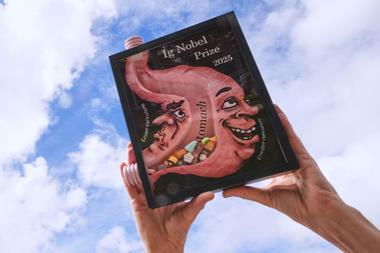
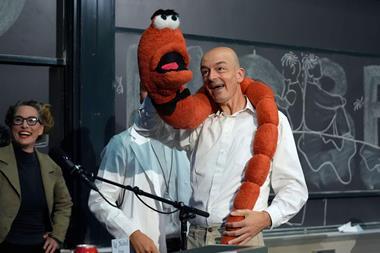

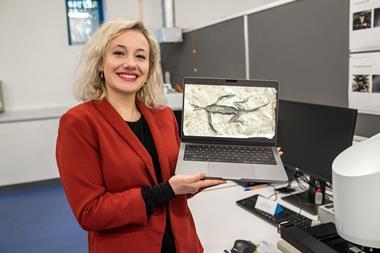




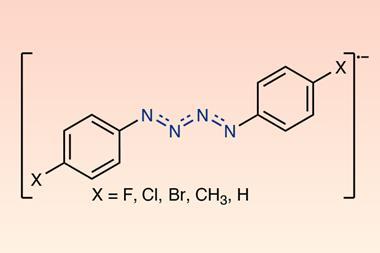
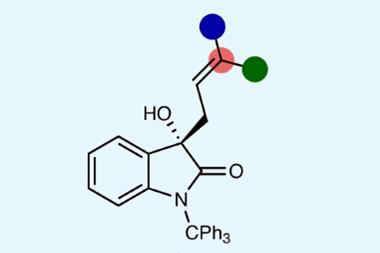


No comments yet